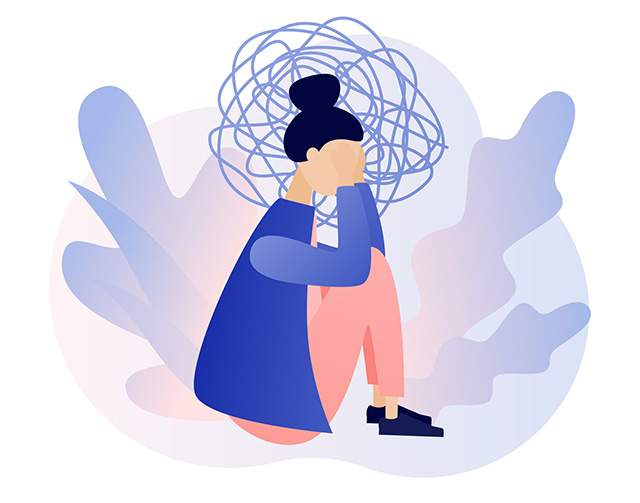“A lot of people assume that having OCD means liking things organized or hating germs. It tends to be treated like a quirk or an endearing trait. But it’s so much more than that.” ―Whitney Amazeen
Obsessive Compulsive Disorder affects approximately 1 in 100 adults and as author Whitney Amazeen stated, it is so much more than an aversion to germs or a desire for organization. OCD is a mental health disorder that creates a significant impact on a person’s life by consuming many hours in the day and leads to suffering and loss of time devoted to personal goals, valued activities, and relationships. While many people can identify having had an intrusive thought, there is much more complexity to this disorder and the impact on daily living is significant.
A person suffering from OCD experiences obsessions which are thoughts or images that occur repeatedly and are out of the person’s control. These thoughts and images are not wanted and can be disturbing or frightening. Most people with OCD realize that these thoughts are illogical or do not make sense but they experience high levels of uncertainty, fear, disgust or self-doubt which makes it difficult to distract or ignore these intrusions.
Given the level of distress that someone with OCD experiences, it makes sense that they would try to neutralize or eliminate these intrusions by engaging in “compulsions” or repetitive behaviors or thoughts intended to make the obsessions go away. Unfortunately, compulsions only offer short-term relief and over time may actually worsen OCD symptoms. It can be challenging to reduce compulsions as it may feel necessary to engage in these behaviors in order to prevent negative consequences or to reduce distress.
While engaging in compulsions may offer only short-term relief from OCD symptoms and in the long-term cause more harm than good, it is important to know that there are treatments that can help. Approximately 70% of people with OCD will benefit from Exposure and Response Prevention (ERP), medication treatment, or the combination of both. Treatment for OCD calls for courage and determination. A well-trained therapist with experience in ERP can help conduct a thorough assessment of OCD symptoms and other comorbid conditions, create a collaborative plan for treatment with their client, and build the trust needed to help support someone with OCD engage in this therapeutic work.
The clinicians at CBT Westport are highly-trained in Exposure and Response Prevention and have years of experience working with clients of all ages struggling with OCD.

